People call him “the cultural importer and exporter”. Because, almost all his life has been devoted to the career of introducing Vietnamese culture abroad and learning and introducing world cultures. He is Huu Ngoc, a culturalist well-known at home and abroad.
Culturalist Huu Ngoc was born in 1918 in Hanoi, his family was from Thuan Thanh district, Bac Ninh province. After graduating from high school, Huu Ngoc entered the Law School. After graduating, he turned to teaching. During the 9-year resistance war against the French, he worked as the Head ofthe Education Department for European and African prisoners and soldiers. He had the opportunity to travel to all the camps to do enemy propaganda work, helping the European and African soldiers in the invading army of the French colonialists understand the just resistance and the culture of Vietnam. After 1954, he had the opportunity to go on business trips and hold conferences in many countries around the world. He brought the voice of justice, love of labor, and love of peace of the Vietnamese people to international friends, helping them understand the country and culture of Vietnam better.
Culturalist Huu Ngoc was awarded the Medal of Military Exploit and the Medal of Independence by the Vietnamese State, the Medal of the "Northern Star" by the Swedish Government , the Medal of the Academic Palm and the "Golden Words" by the French Government, and many other noble titles.
With extensive knowledge, fluent in French, English, German, and Chinese characters, over 50 years of writing, cultural writer Huu Ngoc has published a series of works about the rich cultural treasures of many nations. These are “Sketch of French Cultural Portrait”, “A Piece of Northern European Sky”, “Swedish Culture”, “American Cultural Profile”, “Portrait of Japanese Culture”, “Key to Knowing and Understanding Laos”. To introduce Vietnamese culture abroad, he regularly wrote for more than ten years the column “Traditional Talks” for Le Courrier Viet Nam (French) and Vietnam News (English). Those articles have been compiled into a valuable book “Sketch of Vietnamese Cultural Portrait” in both English and French.
At the age of 88, culturalist Huu Ngoc is still trusted to hold the position of Chairman of the Swedish - Vietnamese Cultural Fund and the Danish - Vietnamese Cultural Fund. The Fund under his charge has helped 11 water puppetry troupes from being lost; sponsored the restoration of nearly 70 temples, pagodas, and ancestral houses of some famous families with contributions to the country, repaired and renewed many tombstones and statues of heroes and celebrities, and provided many scholarships for children of ethnic groups. The Fund's activities have reached remote areas: restoring Muong Luan tower in Lai Chau, renovating the ancient architectural work Thala Pangxay of the Khmer people in An Giang...
* Sir, should we raise an issue in the current integration period: "high quality" Vietnamese people?
- I understand the hidden meaning of this term. It is quite an interesting concept, but in my opinion, here we cannot isolate “high-quality” personalities for a certain group of people but must spread it to the whole society. That means touching on a problem that is causing headaches for society today: educating the whole population. Only by educating the majority of people with modern knowledge, as well as civic awareness, can we hope to integrate the country into the world. If it is only a certain class of people in society, it is only a small, fragmented effort and will not bring about effectiveness for the whole society.
* So, in your opinion, what are the "high quality" characteristics of Vietnamese people in the integration period?
- To discuss this issue, we need to talk a little more broadly. Compared to other countries in the region, we integrate with the world much more slowly. Countries like Thailand, Singapore, Malaysia... all integrated early; their economies develop mainly on the basis of cheap labor, service activities...
Now, if we compete with them in the international arena in the very fields where they have advantages due to experience, market, etc., we will only face many disadvantages. Therefore, to compete in the field of economic development, we must rely on our own internal strength. Saying it like that sounds vague and too bookish, so I will say it more specifically like this. Our economy will develop based on and mainly depend on the consumption of our people! That means we must increase the consumption rate of our people for the economy to develop.
Who are our people here? Farmers! Because the proportion of farmers in our country is still very large, up to 80% of the population. A part of the urban population does not consume significant goods for the economy, but only farmers can have a high rate of goods consumption. The faster the turnover of goods consumption, the more developed the economy.
Here, there is a connection between “High-quality Vietnamese goods” and “High-quality Vietnamese people”!
I think that the slogan "Vietnamese people use Vietnamese products" reflects the spirit of "for the sake of the nation and the people" and Vietnamese people in the integration period must be people who know how to "for the sake of the nation and the people" like that.
In Japan, there is a day every year when the government calls on people to use foreign goods because Japanese people only like to use products made by them. In our country, it is the opposite. Our people only like to use foreign goods and like that, the economy will have difficulty developing to compare with the world's great powers.
* That is an economic characteristic. What about personal characteristics, sir?
- Up to now, we have mainly talked about the positive aspects of Vietnamese character: patriotism, love for the nation, bravery, diligence, hard work... Encouraging such characteristics is very beneficial during the resistance war, the war to protect the Fatherland. But we often "avoid" talking about the negative aspects of Vietnamese character.
In my opinion, an important character of Vietnamese people in the integration period is to be modest, strict, and know how to see their own shortcomings and weaknesses in order to rise up.
One of the most important characteristics of Vietnamese people in the integration period, in my opinion, is to have civic consciousness. We can heroically die in front of the enemy, but not criticize our superiors! We can calmly accept death on the battlefield, but we are also ready to trample on flower gardens and trees. Those who criticize are offended.
I remember in a meeting, someone said that our people lacked integrity and did not respect their promises; so a famous writer stood up and said harshly that if our people were not honest, how could we defeat the Yuan army! Something like that...
* China has published the book Ugly Chinese by writer Ba Duong, there are many different opinions. So in your opinion, is there a need for a similar book for us Vietnamese?
- It should be great! But I like another Chinese book better, The Chinese Who Laugh at Their Own Mistakes. We need to learn to laugh at our own bad habits. We shouldn’t consider it as “showing our backs to others”. If we are sick, we should treat it and that is strength.
In many countries, there are very interesting sociological research data, such as the percentage of liars in society, the percentage of people who care about others... I think in Vietnam, we should also conduct sociological surveys like that.
* One of the basic characteristics of a market economy is competition, and its ultimate goal is to make a profit. In your opinion, in that context, should culture be and act as a “brake” to reduce the negative aspects of a market economy?
- During the Cold War, in addition to the competition in military potential, both East and West sides rushed into the economic competition with the notion that economic superiority would have a decisive meaning for the success or failure of the overall situation!
In the 80s of the last century, for the first time, humanity re-evaluated the meaning of culture through the UNESCO decade of culture, re-aware of the correlation between culture and economy in human life. People understood that purely economic development does not mean a sure guarantee for the so-called "quality of life".
It should be said that culture is the engine for a society to operate, and the economy is the fuel of that society. Culture is the goal of the economy, not the other way around. Each country, each nation has its own culture. It is like the cocoon of a silkworm, created for itself, not for anyone else. It is necessary to respect cultural differences, not to impose common standards on all; but even if imposed, it is not allowed. Koreans still eat dog meat and the World Cup is still held in Korea, despite the objections of some people... Vietnamese people in the integration period need to be clearly aware of these things and that creates internal strength for Vietnamese people in the integration period.
* As someone who regularly works with foreigners, what do you tell them about Vietnam today?
- Once I spent a whole session giving a presentation to many foreigners to understand our slogan: “Rich people, strong country, fair, democratic, civilized society”. After the presentation, an American came to see me and said: “This slogan is also suitable for our country!”.
* Thank you!
Source: https://nhandan.vn/nha-van-hoa-huu-ngoc-quan-trong-nhat-la-phai-biet-nhin-ra-nhuoc-diem-cua-chinh-minh-post397676.html


![[Photo] Press delegation meeting to visit Truong Sa and DK1 Platform](https://vphoto.vietnam.vn/thumb/1200x675/vietnam/resource/IMAGE/2025/5/22/6b8d232877ec421a9e8187d83b9f8006)

![[Photo] Prime Minister Pham Minh Chinh chairs meeting on draft Resolution of National Assembly on International Financial Center in Vietnam](https://vphoto.vietnam.vn/thumb/1200x675/vietnam/resource/IMAGE/2025/5/22/d398664ff1a140629169ea5a24e1b4d0)
![[Photo] General Secretary To Lam chairs a working session with the Central Internal Affairs Commission](https://vphoto.vietnam.vn/thumb/1200x675/vietnam/resource/IMAGE/2025/5/22/3b7790f499da45b2803d8ae253207ef1)

![[Photo] T&T 1 and Ho Chi Minh City 1 People's Police Teams won the men's and women's team championships](https://vphoto.vietnam.vn/thumb/1200x675/vietnam/resource/IMAGE/2025/5/22/39db06ae67cb4001b7a556e8d9a56d07)
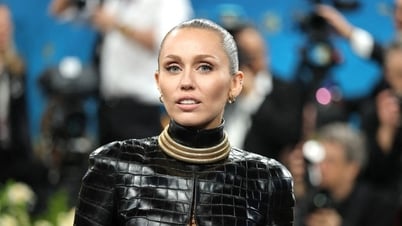

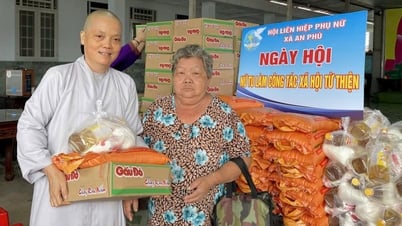
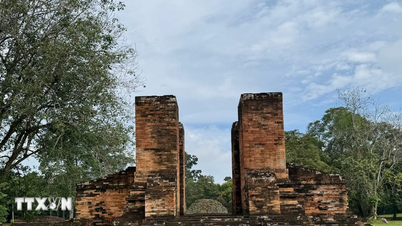

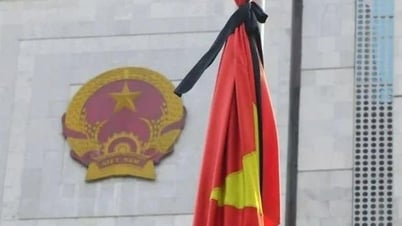

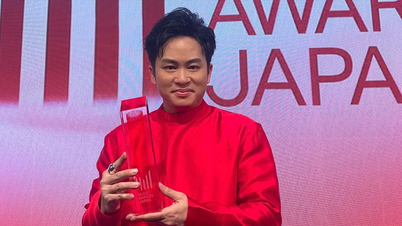

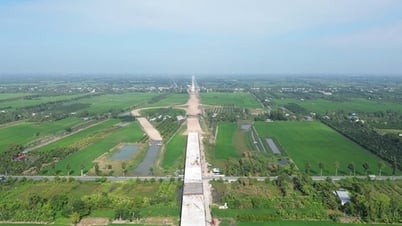






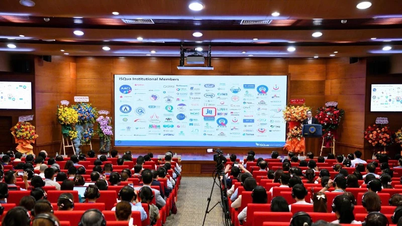
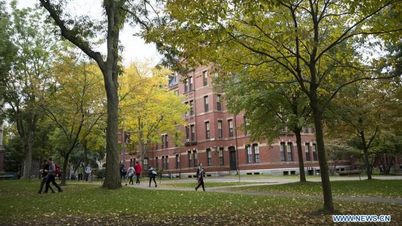
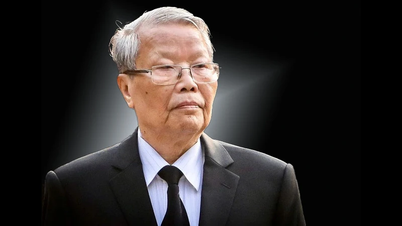
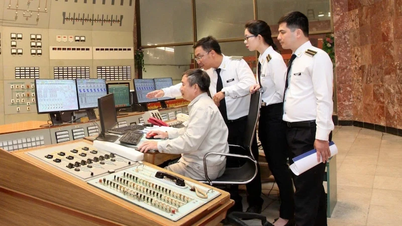
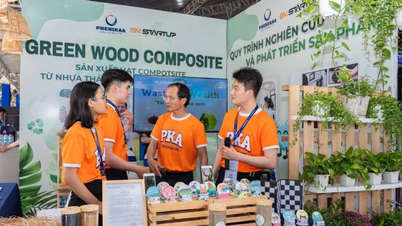


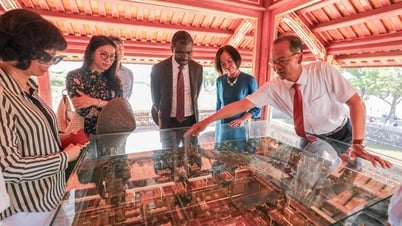
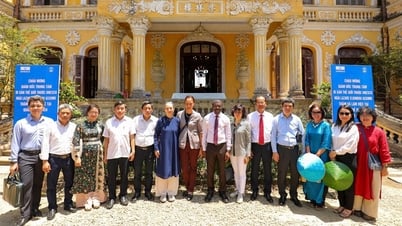





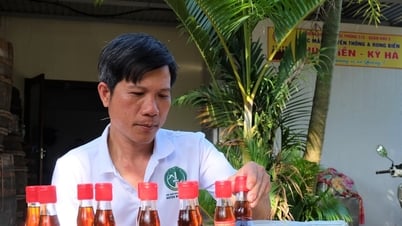

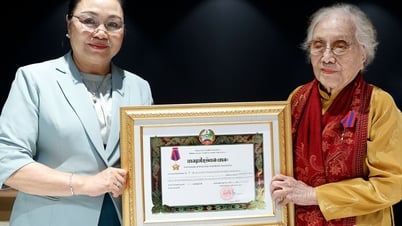

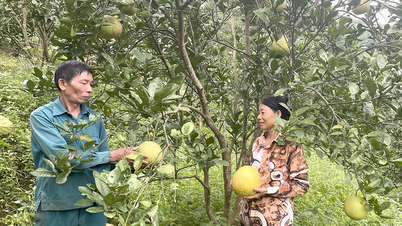

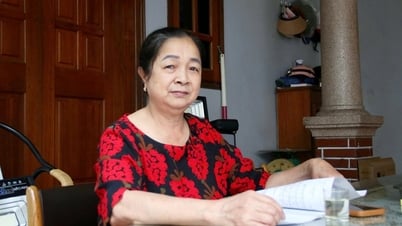






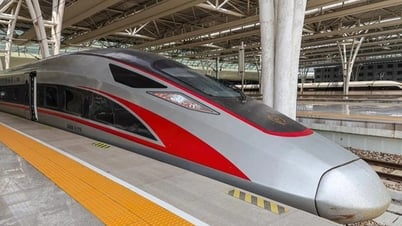
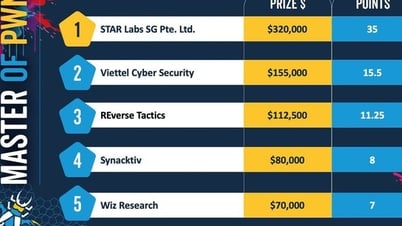




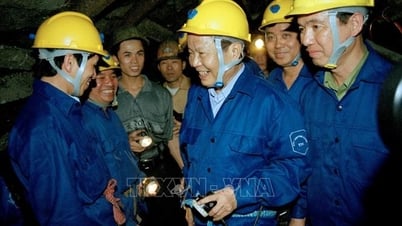
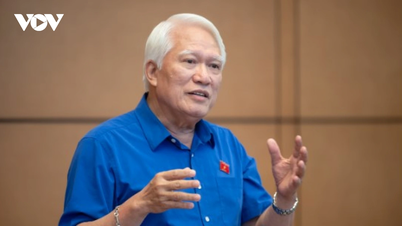

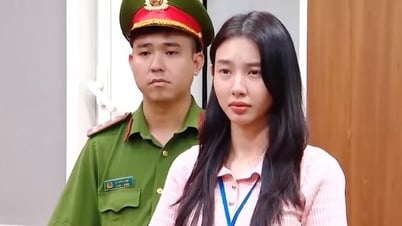


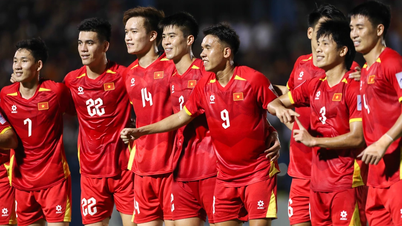
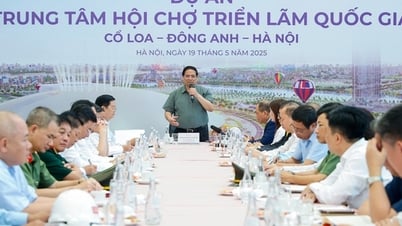

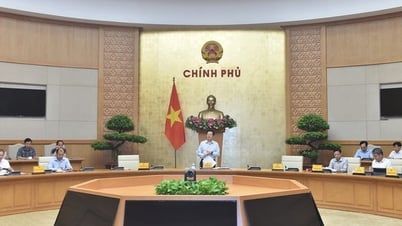
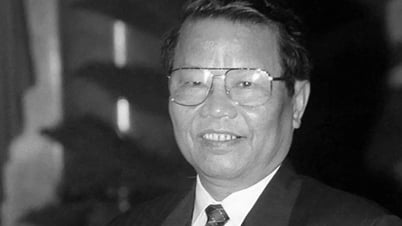
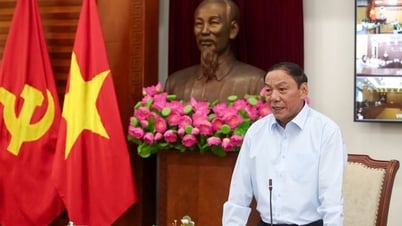
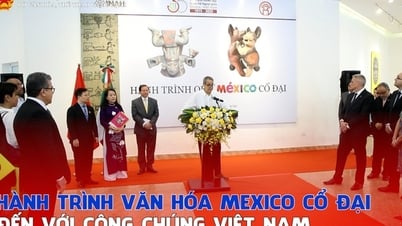
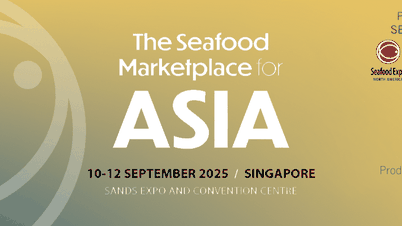



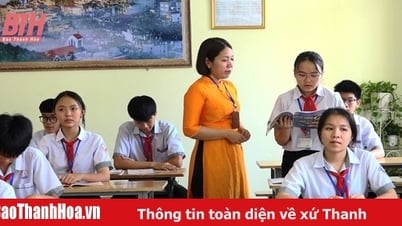

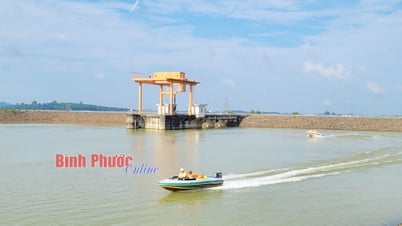

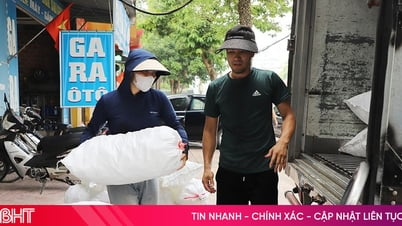

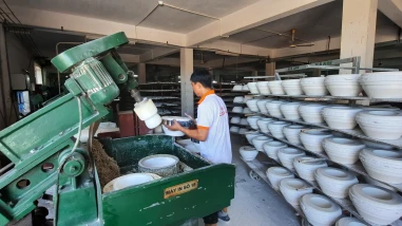







![[Podcast] Week introducing more than 500 OCOP products in Hanoi](https://vphoto.vietnam.vn/thumb/402x226/vietnam/resource/IMAGE/2025/5/22/d144aac2416744718388dbae3260e7fd)



Comment (0)